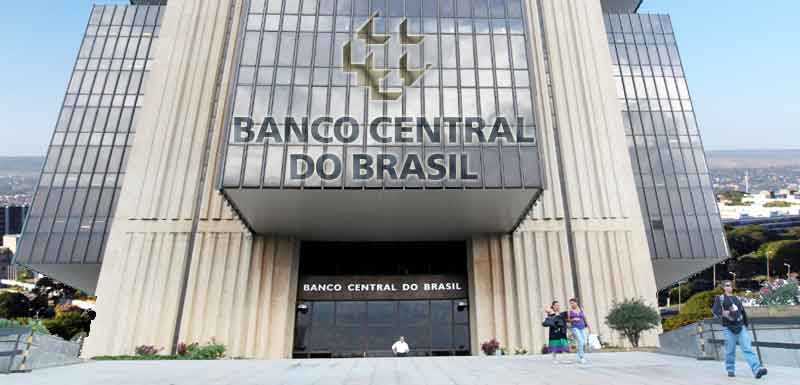RIO DE JANEIRO, BRAZIL – The August current account deficit, which is purchases and sales of goods and services and income transfers from Brazil to other countries, has reached US$4.274 (R$17) billion, according to data released September 23rd, by the Central Bank (BC).
The result was well above that recorded in the same month in 2018: a deficit of US$1.757 billion.
From January to August, the deficit reached US$30.277 billion, against US$18.372 billion over the same period last year.

Among the external accounts data is the trade balance, which recorded a surplus of US$2.664 billion in August and accumulated US$27.164 billion in the eight months of the year.
In contrast, the services account (international travel, transportation, rental of investments, among others) recorded a negative balance of US$2.461 billion in August and US$23.327 billion from January to August this year.
The primary income account (profits and dividends, interest payments and salaries), which is also part of the current account, was negative at US$4.727 billion last month and at US$35.107 billion in eight months.
The secondary income account (income generated in one economy and distributed to another, such as donations and dollar remittances, with no counterpart of services or goods) had a positive result of US$249 million in August and US$992 million in eight months.
Rising Foreign Investment
In August, the negative result for external accounts was fully covered by foreign direct investments (FDI) in Brazil. When the country records a negative balance in the current account, it needs to cover the deficit with investments or loans abroad.
The most effective way of financing the negative balance is FDI, because resources are invested in the productive sector. Last month, FDI reached US$9.470 billion, against US$9.651 billion in the same month in 2018. From January to August, these investments totaled US$41.213 billion, against US$ 46.037 billion over the same period last year.
New methodology
The Central Bank reported today that it has reviewed the methodology for calculating external accounts, improving the sources of information. “The revisions to the payments balance reflect the use of new data sources for transactions between residents and non-residents carried out directly abroad – seeking to overcome that which is the most important information gap in the Brazilian payments balance – in addition to improving the quality of existing sources,” says the Central Bank’s note.

With the revised methodology, the current account deficit rose from US$7.2 billion to US$15 billion in 2017, from US$15 billion to US$21.9 billion in 2018, and from US$21.7 billion to US$26 billion from January to July this year.
There was also a change in FDI: US$70.3 billion to US$68.9 billion in 2017, from US$88.3 billion to US$76.8 billion in 2018, and from US$45 billion to US$31.7 billion from January to July this year.
Despite the increase in the current account deficit and reduction in the FDI, the head of the Central Bank’s Statistics Department, Fernando Rocha, said that the “sustainability of external accounts remains unchanged. He pointed out that the current account deficit continues to be fully covered by FDI.
Source: Agência Brasil

